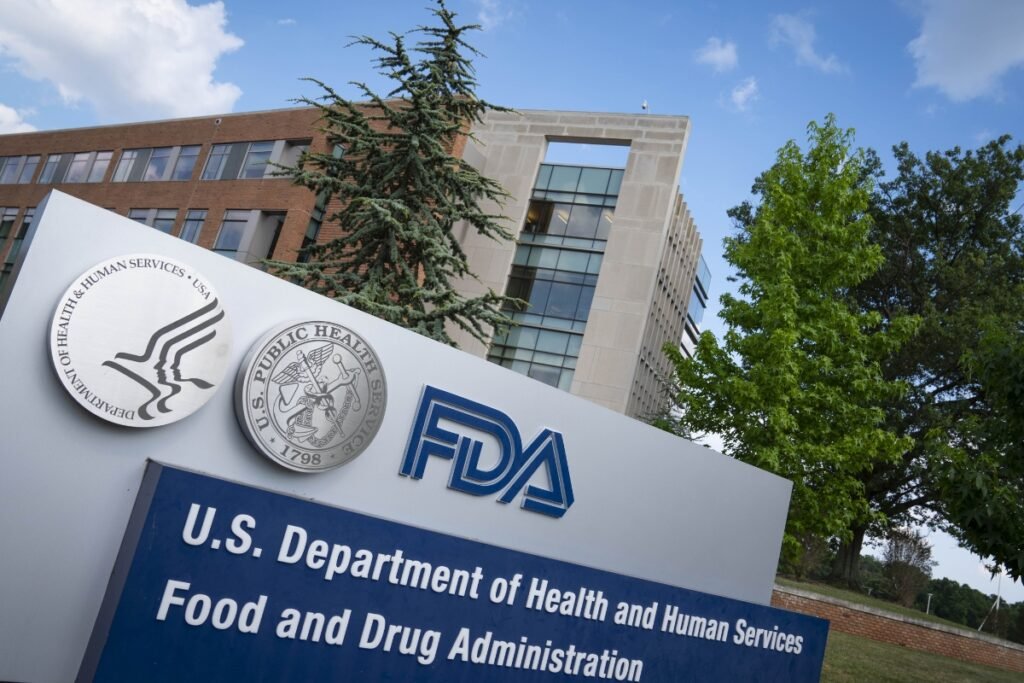GSK and Pfizer have plans to introduce their adult respiratory syncytial virus (RSV) vaccines later this year, while Sanofi and AstraZeneca aim to enter the market with an antibody specifically designed to protect infants. However, before they can do so, they must successfully navigate through various regulatory milestones, including an upcoming FDA advisory committee discussion scheduled for later this week.
In preparation for the FDA Antimicrobial Drugs Advisory Committee meeting, FDA staff members have provided a summary of the application package for nirsevimab. The briefing documents highlight two significant placebo-controlled studies, Trial 03 and Trial 04, in which the drug demonstrated efficacy in the overall study population. However, the FDA has raised concerns about the limited enrollment of infants above 8 months of age, suggesting that additional consideration is necessary to evaluate the risk-benefit profile for this particular group.
Apart from these two trials, Sanofi and AstraZeneca conducted a third study, Trial 05, which compared their RSV drug candidate to an existing antibody option called Synagis by Sobi.
In terms of safety, the FDA reports that anaphylaxis adverse events were not observed in any of the clinical trials involving nirsevimab. The occurrence of severe or serious skin reactions was uncommon, with less than 1% of participants experiencing drug-related rashes as determined by trial investigators.
Regarding deaths, the briefing documents state that among infants participating in the three late-stage studies, there were 12 fatalities among those who received nirsevimab. However, the FDA has determined that none of these deaths were related to the study drug.





























